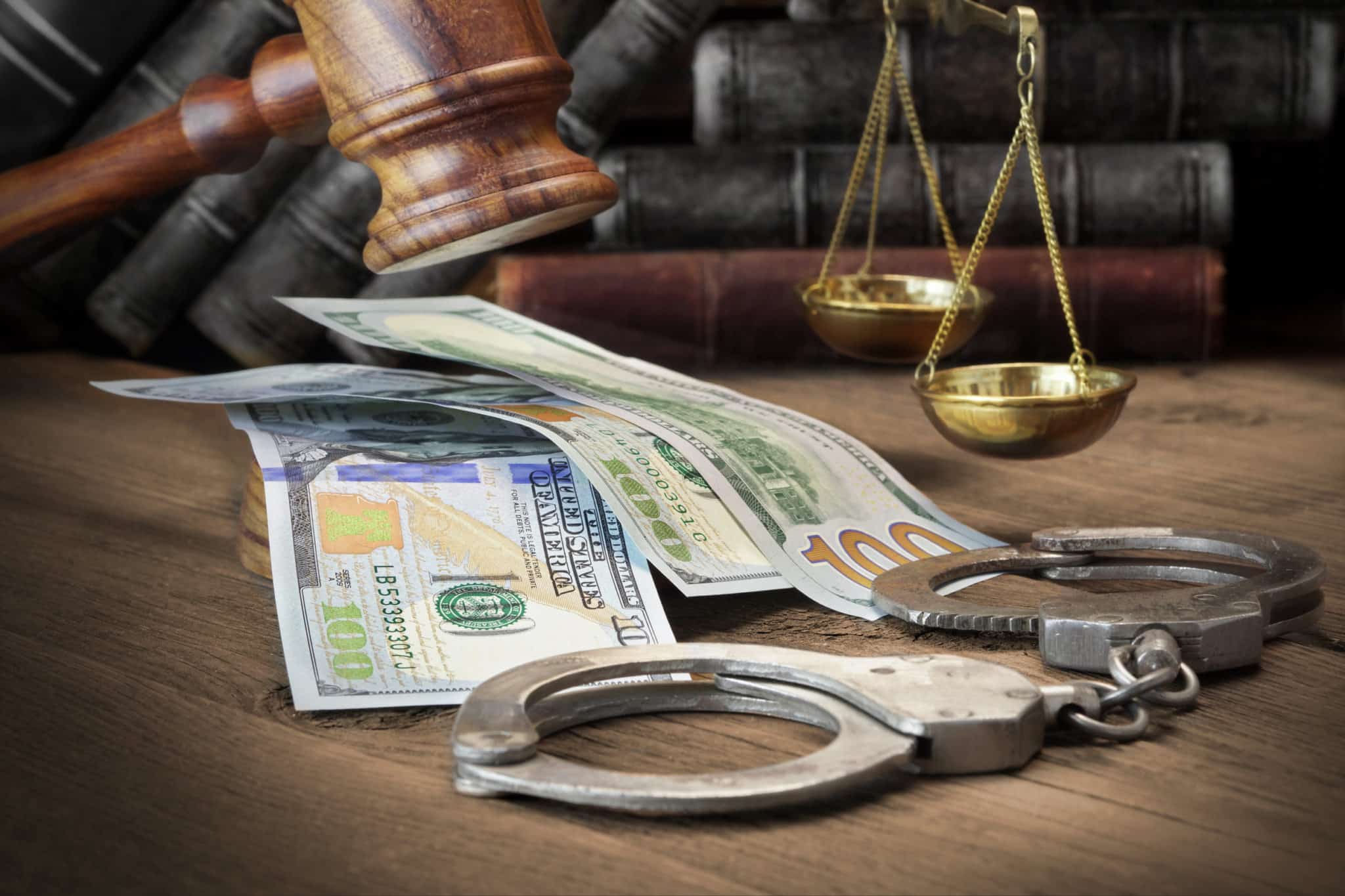White collar crimes are prevalent in the U.S. Money offers both temptation and opportunity. These crimes occur in the context of someone taking advantage of a position of trust to embezzle or to encourage people to engage in some fraudulent scheme.
It’s no secret that, over the last few years, corporate greed has been in the limelight. That is why the federal government has taken a much stauncher position against white collar crime, and they will prosecute it.
If you are under arrest for a white collar crime and ultimately charged with one (or more), what should you do? What qualifies as a white collar crime, and what are the penalties associated with them? Read on to find out more.
White Collar Crime: What Is It?
White collar crimes are commonly prosecuted by the federal government. They include crimes such as:
- Extortion
- Fraud
- Money laundering
- Theft
- Bribery
- Kickbacks
Each of these crimes is covered by a different statute but they all pretty much involve one person who uses their position in a business or corporation to profit illegally from an activity that is fraudulent.
The Federal Bureau of Investigation often discovers the existence of this kind of activity through reports filed by whistleblowers within an organization. This is an important piece of information: there is always the possibility someone within an organization may be supplying information to the government about potential fraud taking place in a corporation.
This is one of the many reasons why you should secure an experienced attorney who understands how the government investigates these types of cases – before ever speaking to anyone from the government.
The Responsible Corporate Officer Principle
The Responsible Corporate Officer principle is one of the ways that those who work for corporations are implicated in white collar crimes on a federal level. This principle indicates that an officer within a corporation who is of high ranking should have an understanding of what activities go on in a corporation.
Under this doctrine, the federal government charges officers within a corporation with crimes in which they may not have direct participation. Even if they didn’t order for a crime to be committed, they should have understood it was happening, because of their elevated position.
This principle is a powerful tool for the federal government. It allows them to convince officers within a corporation to cooperate with white collar crime investigations out of fear that they may face charges if there is fraudulent conduct within their organization.
If you find yourself in this situation, don’t hesitate to reach out to an attorney to represent you when speaking to the government.
Penalties for White Collar Crimes
Since 1984, the federal government has operated under federal sentencing guidelines for crimes convicted in federal court. These guidelines are much more severe than one would face in state courts. The federal government has a lot of resources when prosecuting a federal crime, even white collar crimes, and they can build a strong case against you.
If you are found guilty in federal court, then you can face prison time, home detention, fines, orders to pay restitution, forfeitures, and community service. What you are sentenced to and for how long depends on the underlying crime of which you are found.
Understand the charges against you and your rights within the system with the help of an experienced lawyer.





